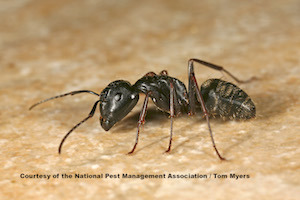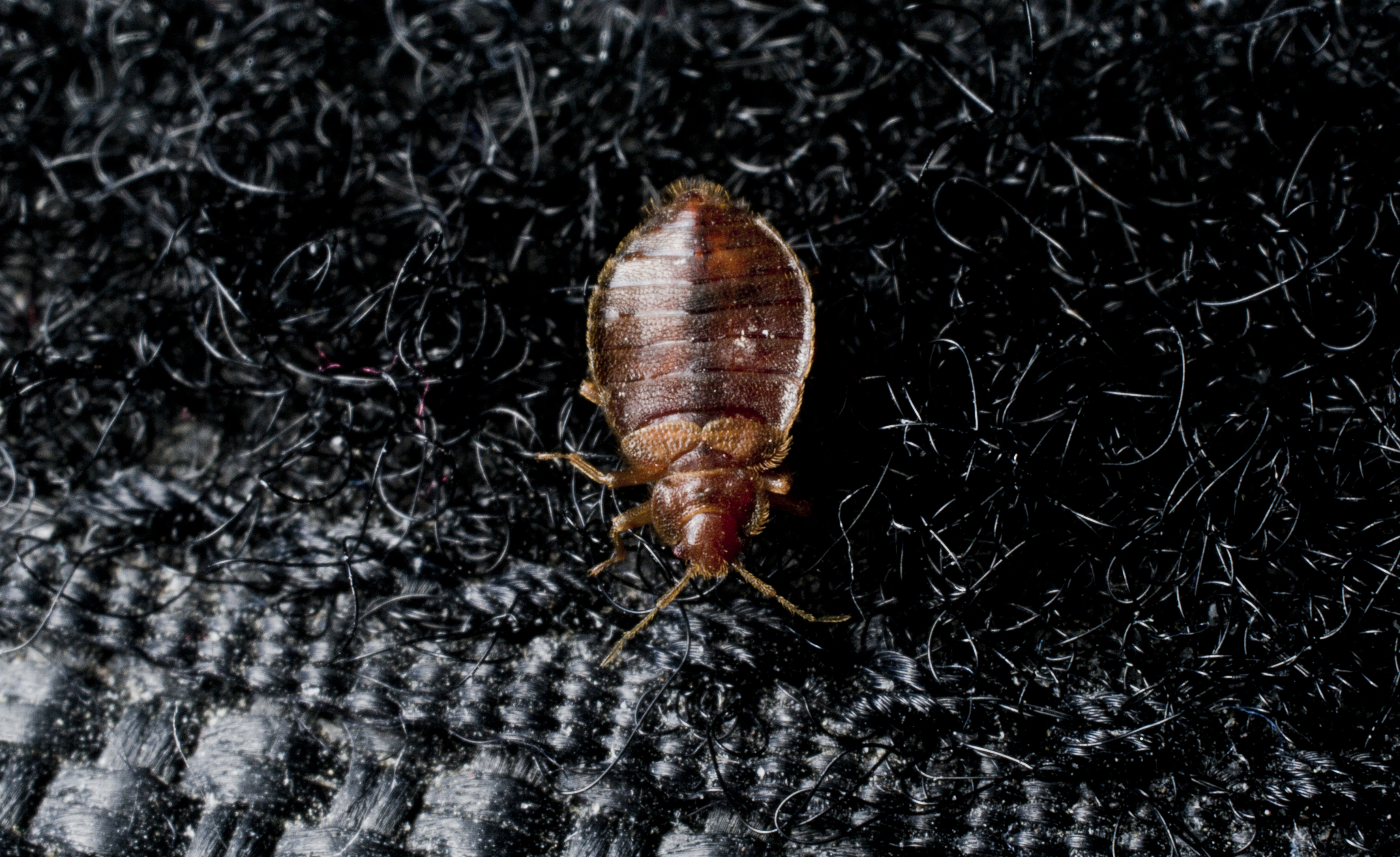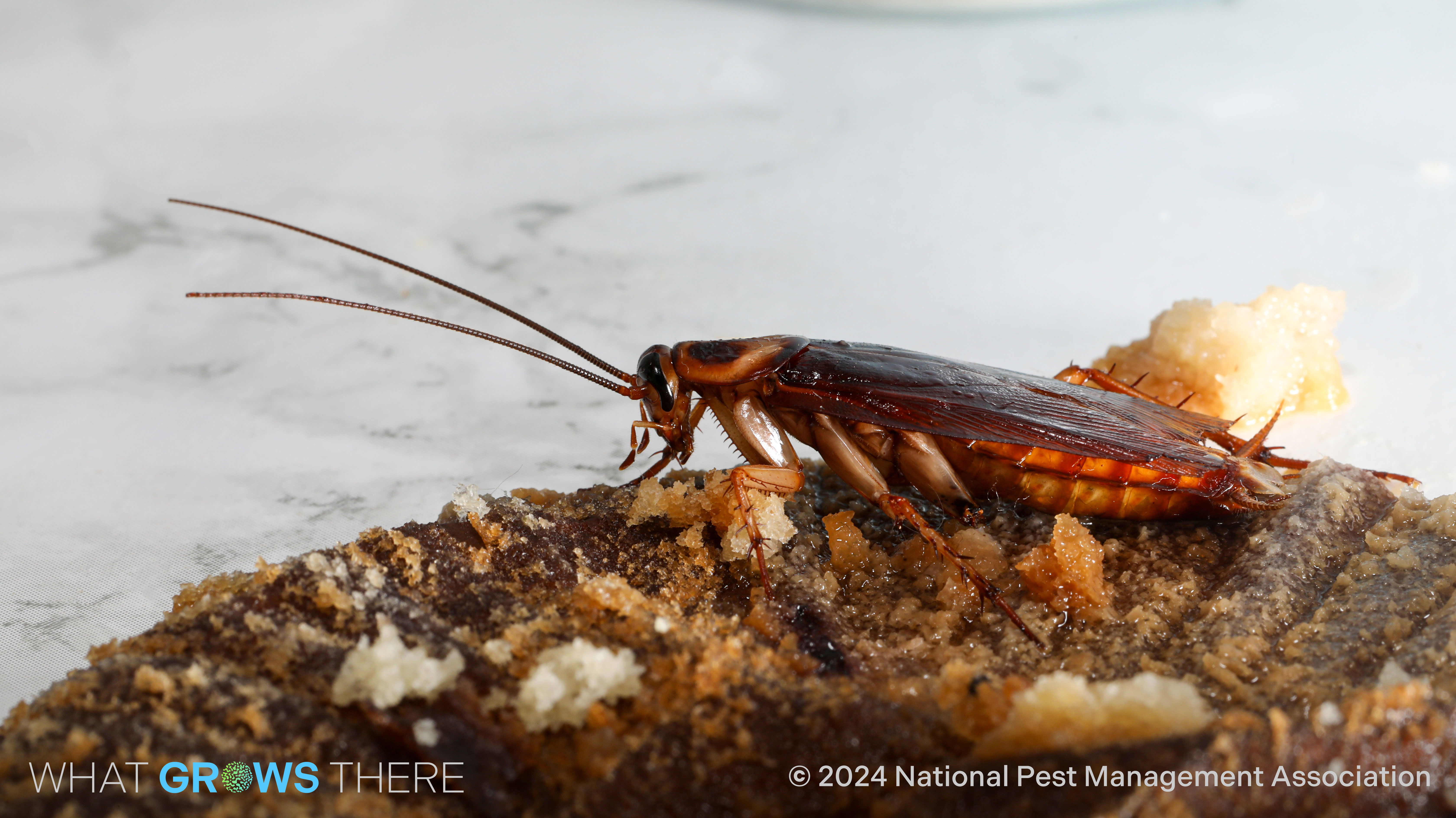How to Keep Pets Safe and Pest Free
The National Pest Management Association advises pet owners on how to protect against fleas and ticks
FAIRFAX, VA (May 10, 2016) – Pets are important members of many families and the season’s spring showers and warmer temperatures are bringing an unwelcomed risk to their health in the form of tiny, biting, blood-feeding pests. The National Pest Management Association (NPMA) encourages people to protect their pets from ticks and fleas and safeguard against infestations.
Animals are ideal hosts for fleas and ticks because they are low to the ground and easy to hitch rides on, and their fur provides the perfect cover. These pests should be taken seriously as they pose significant health threats to both humans and animal friends, and are capable of transmitting multiple diseases.
Fleas, for instance, are an itchy annoyance causing flea allergy dermatitis, but they can also cause anemia, transfer tapeworms to animals and Bubonic Plague to humans. Ticks are equally dangerous, and depending on the species, are known to transmit Lyme disease, anaplasmosis, Babesiosis, Rocky Mountain spotted fever, and can even cause tick paralysis.
“The best way to protect your family from biting pests is to prevent an infestation from occurring in the first place,” said Cindy Mannes, vice president of public affairs at NPMA. “Pet owners should employ the use of preventive treatment options, thoroughly check pets' fur after every trip outside, and maintain outdoor properties to be less inviting to flea and tick populations.”
The NPMA provides additional advice for keeping fleas and ticks off your pets and out of your home:
- Avoid walking pets in tall grass and wooded areas.
- Wash pet bedding and plush toys.
- Vacuum frequently.
- Talk to your veterinarian about prevention/treatment options to repel or kill fleas and ticks, and learn more about heartworm protection.
- If you find a tick, remove it immediately by extracting the head and mouthparts completely. If fleas are found, bathe animals. Consult with a veterinarian.
- If pests are present in the home, contact a licensed pest professional.
For more information, visit: www.PestWorld.org.
About the National Pest Management Association
The NPMA, a non-profit organization with more than 7,000 members, was established in 1933 to support the pest management industry's commitment to the protection of public health, food and property. For more information, visit NPMAPestWorld.org.
###

Learn About Ants
Ants are a common pest homeowners struggle to eradicate. Learn more about them!

Bed Bug Pest Guide
Traveling for the holidays this year? Be sure to keep an eye out for bed bugs! Use our Pest Guide to help identify this pest.

NPMA's What Grows There? Project
Check out NPMA's What Grows There? project to learn how pests, such as flies, cockroaches and rodents, can spread germs throughout a home.

About the National Pest Management Association
The NPMA, a non-profit organization with more than 5,500 members, was established in 1933 to support the pest management industry's commitment to the protection of public health, food and property from the diseases and dangers of pests. For more information, visit PestWorld.org or follow @PestWorld on Facebook, X, Pinterest, TikTok and YouTube and @PestWorldOfficial on Instagram.

Learn About Ants
Ants are a common pest homeowners struggle to eradicate. Learn more about them!

Bed Bug Pest Guide
Traveling for the holidays this year? Be sure to keep an eye out for bed bugs! Use our Pest Guide to help identify this pest.

NPMA's What Grows There? Project
Check out NPMA's What Grows There? project to learn how pests, such as flies, cockroaches and rodents, can spread germs throughout a home.
